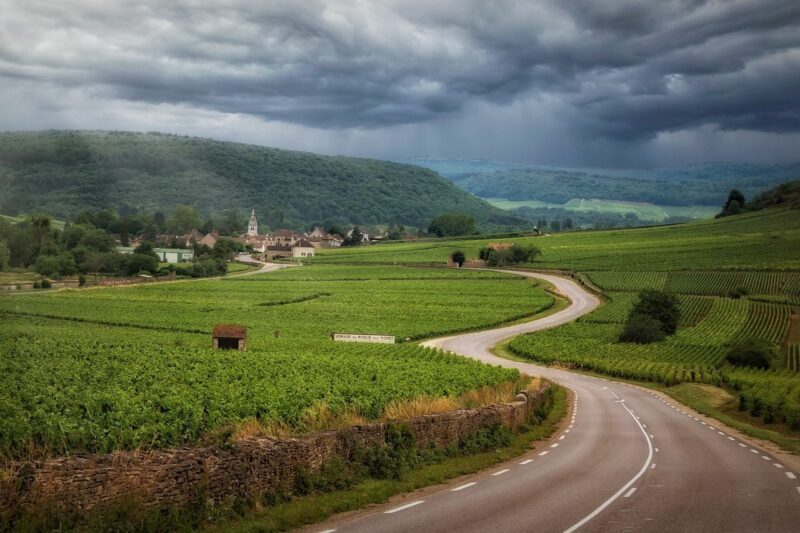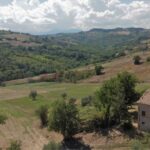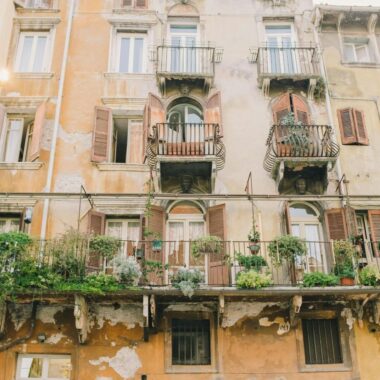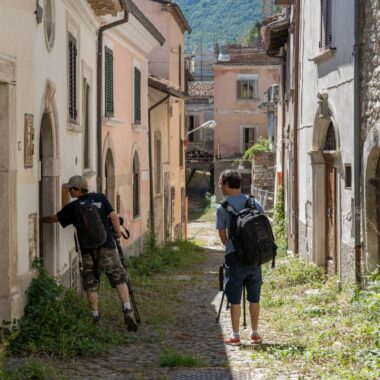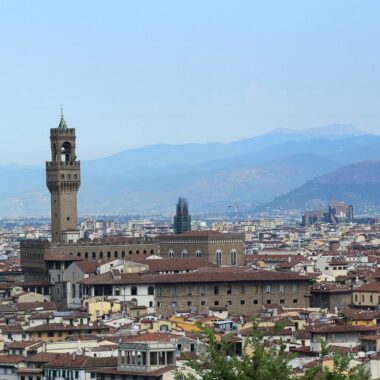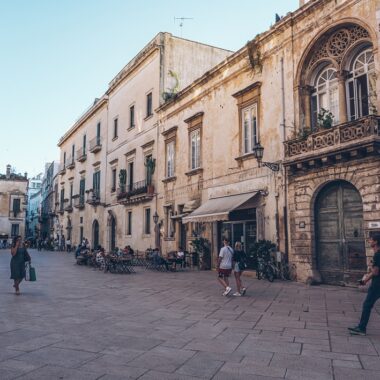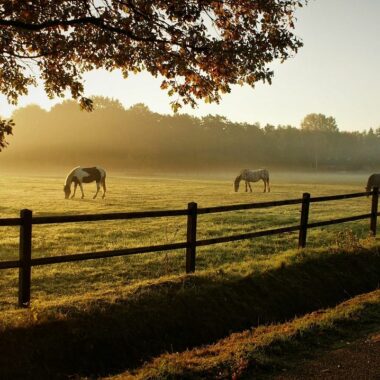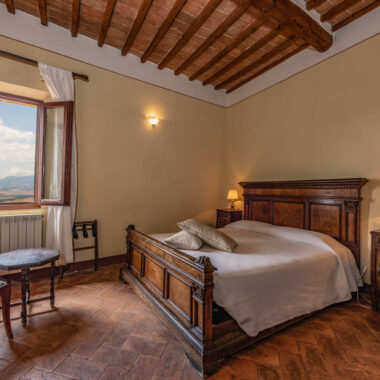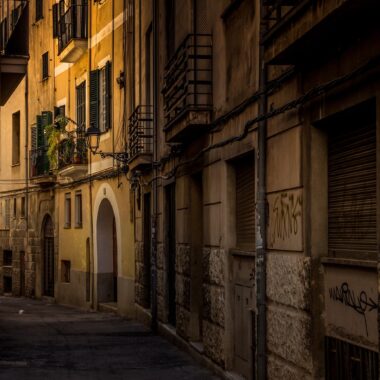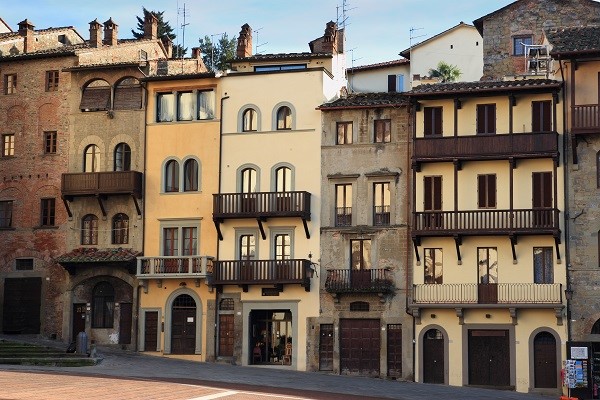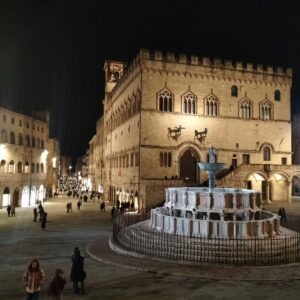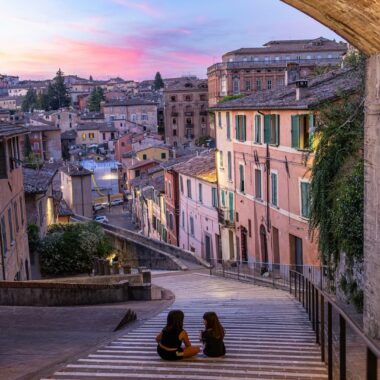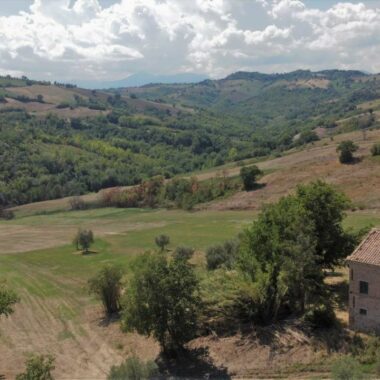Simple gestures measure life in Italy: a harvest done with hands dirty from the soil, the olive harvest with entire families working in the fields, and tasting the new oil on warm bread.
Choosing to live near these excellences is not just about landscapes or personal taste: it is an investment in the quality of your time, in that good slowness that only a few places in the world can still offer.
That’s why, if you love wine or olive oil and are wondering where to move in Italy if you love wine, this article will help you discover the best places to find a home, combining your passion for good living with the concreteness of a sound real estate investment.
- Click here to read: Living in Italy with horses: the paradise of rural areas
For wine lovers: where to buy a home
If wine is your passion — or if you want it to become the center of a new chapter in your life — there are extraordinary places that offer much more than a beautiful landscape: real investment opportunities and a lifestyle deeply rooted in Italian culture.
Langhe and Monferrato (Piedmont)
Why choose it:
Here, wine is sacred, but without snobbery. Langhe is a UNESCO World Heritage site, not only for its breathtaking landscapes but for its still-authentic agricultural tradition.
Types of properties:
Rustic farmhouses, ancient colonial houses to renovate, noble estates.
Practical advantages:
Strong protection of the territory (property values stable or growing). Reasonable distance from Turin and Milan (important for those wanting to combine countryside and business).
Some local administrations promote tenders for the renovation of historical buildings under favorable conditions: a concrete opportunity for those dreaming of a country house among the vineyards.
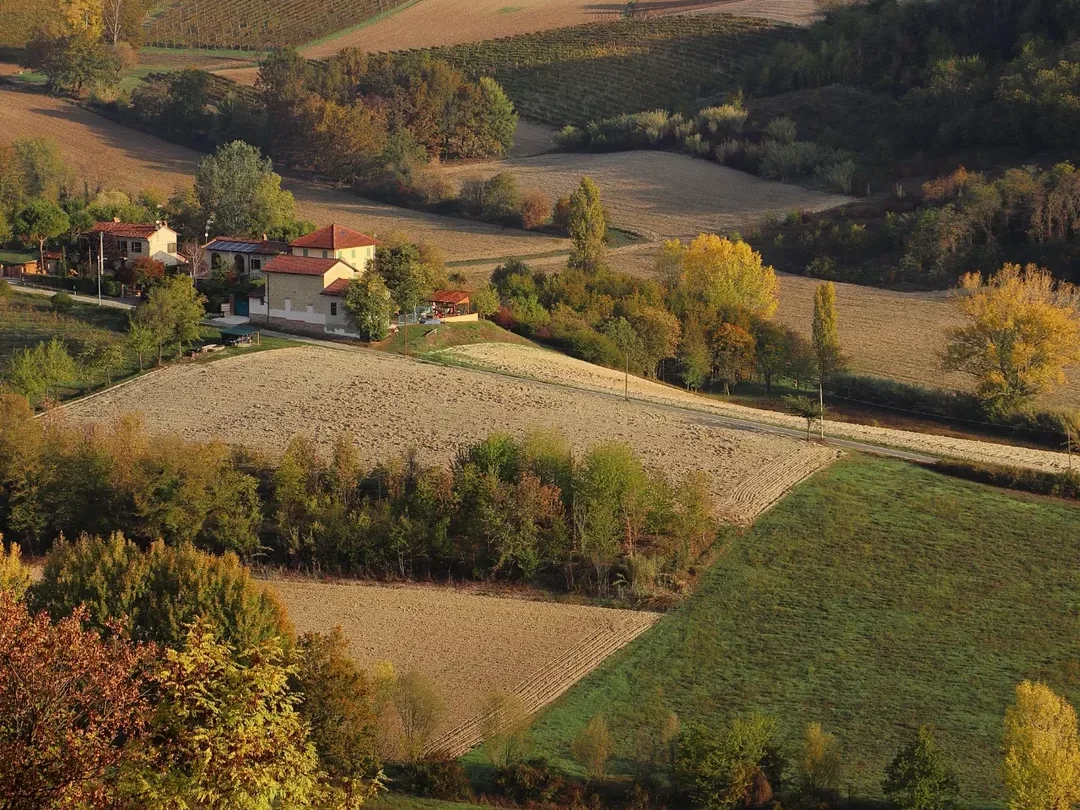
Chianti, Montalcino, Montepulciano (Tuscany)
Why choose it:
Living in the “postcard” Tuscany is not just a dream: it’s possible, but requires vision and preparation.
Types of properties:
Historic villas, farms with productive vineyards, small renovated villages divided into private units.
Practical advantages:
Very high international tourist appeal (ideal also for hospitality investments).
Living here means becoming part of a dynamic farming community, where wineries regularly open their doors for events, tastings, and local festivals. It’s a lifestyle immersed in the wine world, not just adjacent to it.
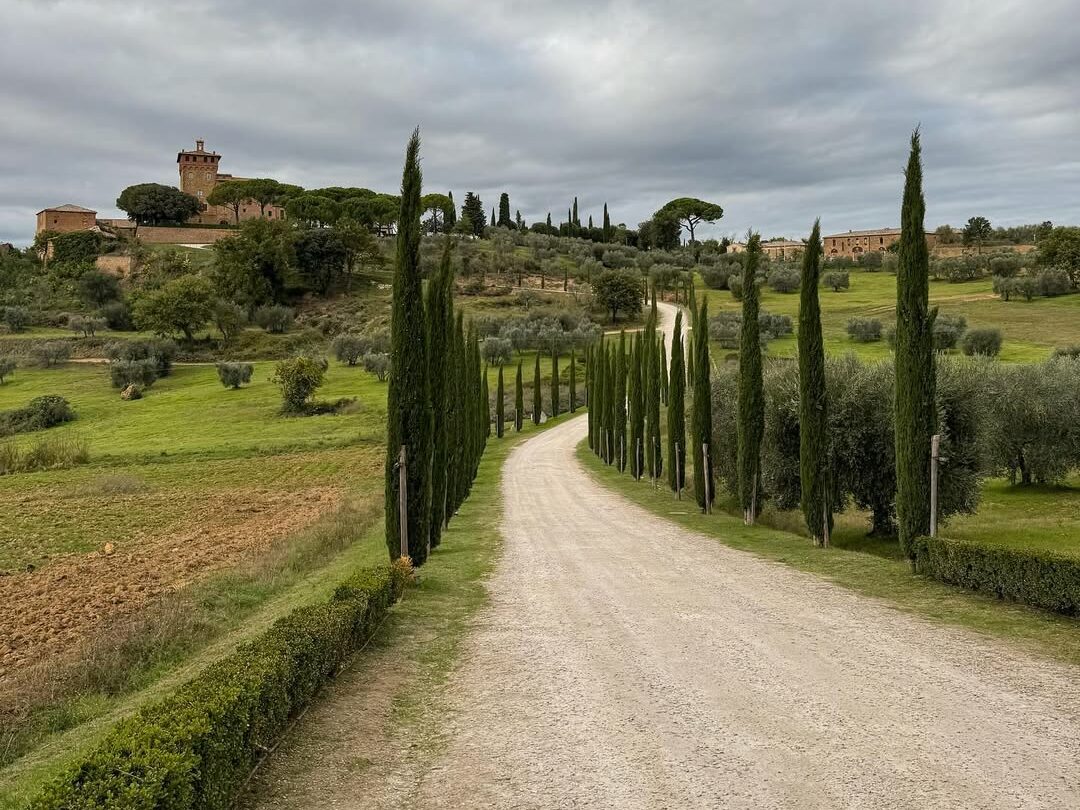
Etna and Marsala (Sicily)
Why choose it:
For those seeking authenticity, still accessible prices, and a booming wine scene, Sicily is the new frontier.
Types of properties:
Ancient farmhouses, traditional dammusi, and terraced vineyards on the slopes of the volcano.
Practical advantages:
Tax exemptions for those investing in the restoration of rural properties; welcoming local communities; innovative viticulture focused on organic and biodynamic practices.
Some wine consortia on Etna promote “vine adoption” initiatives to integrate new residents into the local agricultural community — a concrete way to put down roots, literally.
Moreover, many small producers are looking for external collaborations: those who move here with the desire to participate can become partners in small agricultural cooperatives, help promote local wine internationally, or even start their own micro-productions.
- Click here to read: Renting a house in Italy: what to know before signing
For olive oil lovers: living among millenary olive trees
Choosing to live among olive trees means choosing a way of life that places the essential at the center: the care for slow gestures, ancient wisdom, and also the beauty born from simplicity.
Italy’s olive-growing regions offer spectacular landscapes, genuine communities, and unique properties: not just houses, but true time capsules immersed in nature.
If you love the scent of freshly pressed oil and dream of a life filled with blue skies, red soil, and sun-filled days, this is your starting point.
Puglia (Valle d’Itria and Salento)
Why choose it:
In Puglia, olive trees are living monuments. Some are over 1,000 years old. The countryside is a mosaic of dry stone walls, trulli, and silvery olive rows.
Types of properties:
Historic masserie, authentic trulli, whitewashed lamie immersed in olive groves.
Practical advantages:
Still accessible prices compared to other regions; huge tourist potential; growing organic olive oil production.
Did you know that many owners offer “turnkey packages” for restoring abandoned olive groves? In other words, you can buy a property and revive artisanal oil production.
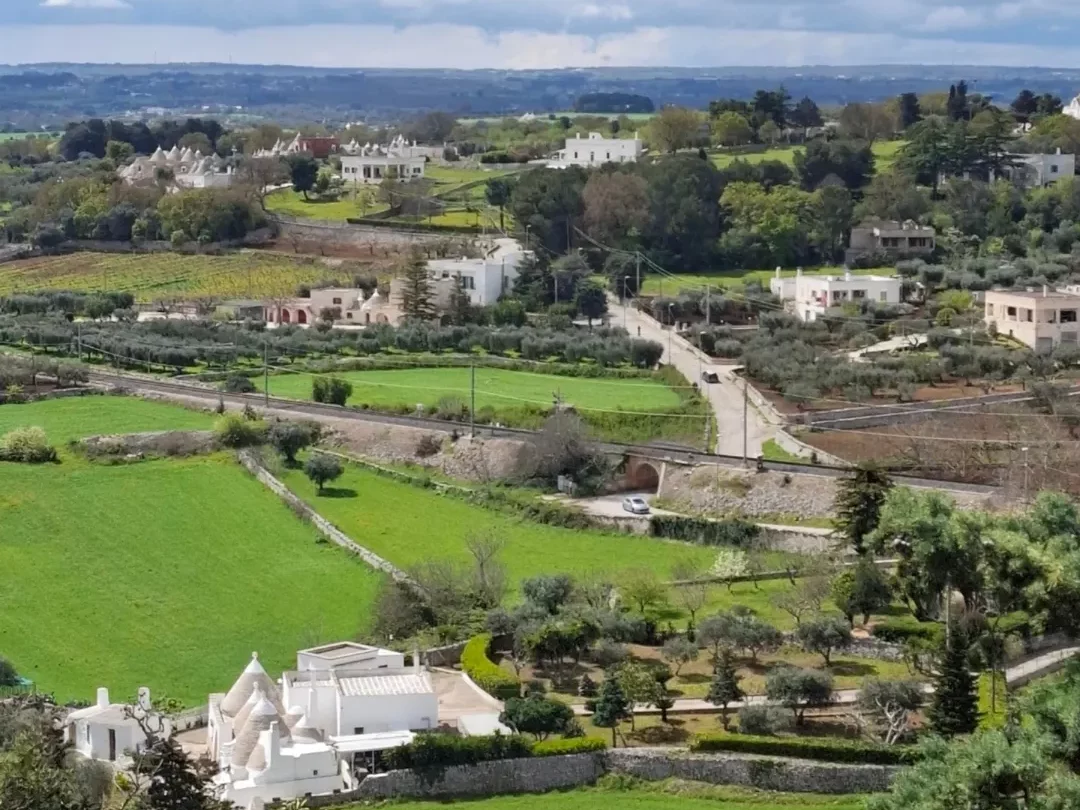
Umbria (Spoleto, Trevi and Montefalco)
Why choose it:
Umbria is Italy’s green heart: gentle hills, intact medieval villages, and a deeply rooted olive oil culture.
Types of properties:
Stone farmhouses, rural residences with attached olive groves.
Practical advantages:
Greater tranquility compared to Tuscany; strong focus on oil quality; easy access to art cities like Perugia and Assisi.
Liguria (Riviera di Ponente)
Why choose it:
Fairytale landscapes: terraced olive groves overlooking the sea. A very high quality of life, ideal for those seeking tranquility and also discreet beauty.
Types of properties:
Stone cottages in hilltop villages, small farms with sea views.
Practical advantages:
Mild microclimate all year round; extremely high-quality oil production; the possibility of combining rural life with proximity to the sea.
Many Ligurian olive groves are on sale at affordable prices if you commit to maintaining their cultivation: an extraordinary opportunity for those dreaming of a slow, sustainable agricultural life.
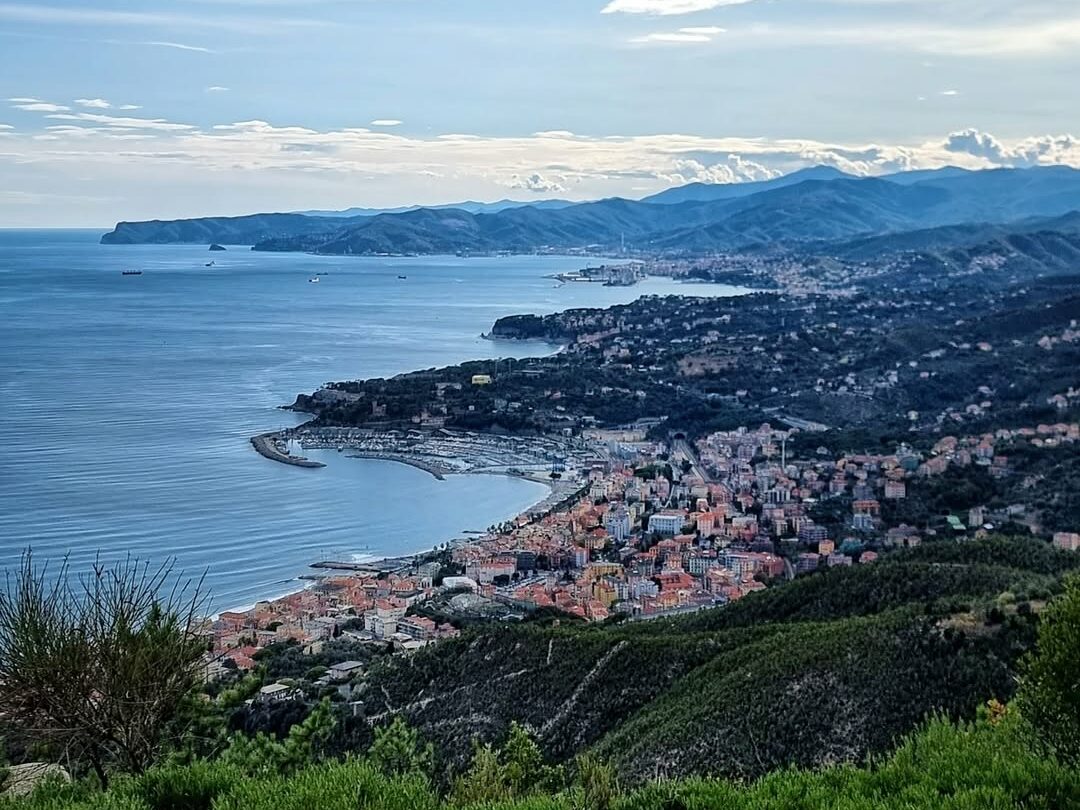
Entrepreneurial opportunities
One of the first options is to start a small artisanal production: small batches of extra virgin olive oil, carefully managed, sold at farmers’ markets, niche food boutiques, or through a simple dedicated e-commerce. Moreover, today, consumers increasingly seek quality, traceability, and real stories behind products, opening up space even for newcomers.
Another very interesting path is linked to tourism: creating agricultural hospitality among the olive groves. Offering stays that are not just accommodations, but real experiences: picking olives alongside the owners, witnessing the pressing of fresh oil, participating in cooking classes where oil plays the starring role, or tasting local products under the olive trees.
For those who love teaching or sharing their passions, there’s also the chance to organize educational workshops: small courses on extra virgin olive oil, tasting workshops, sensory journeys guiding tourists and enthusiasts to recognize high-quality oil.
All this fits perfectly into a booming trend: more and more travelers are seeking authentic experiences, wanting to “touch” the territory rather than just photograph it.
That’s why, if you can offer genuine activities rooted in local culture, you’ll find a growing, passionate demand.
